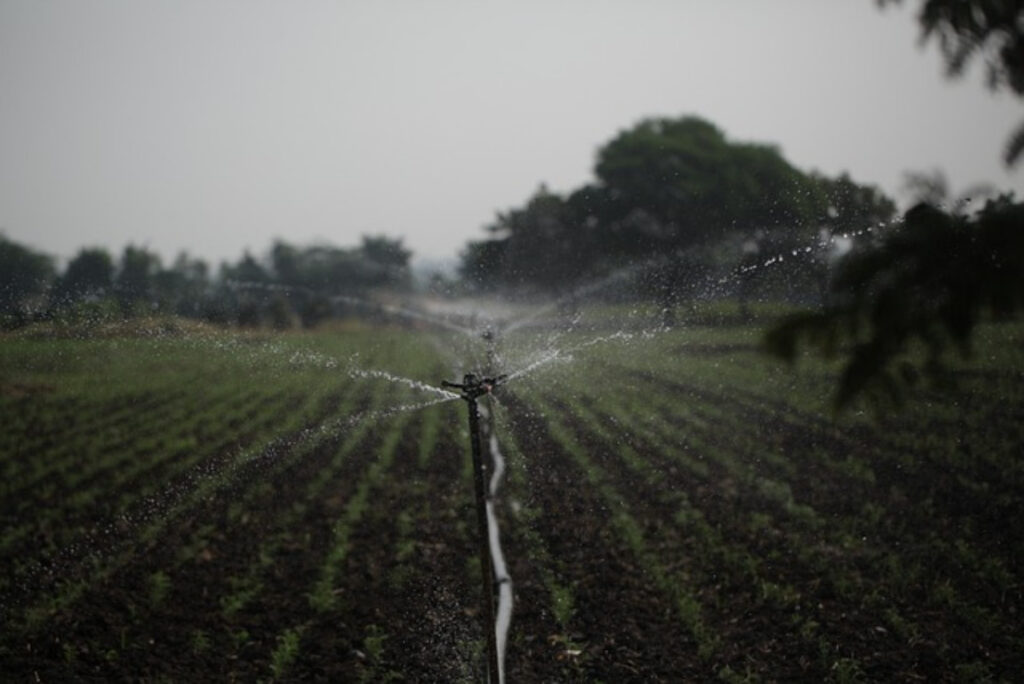The agriculture is an activity that is a mainstay of the economy in some Mexican states, among them Sinaloa y SonoraHowever, it is necessary for this sector to adopt more sustainable practices that benefit the environment.
The country's agricultural sector consumes 280 thousand tons of plastic every year, according to data of the National Plastics Industry AssociationThe management of this waste once it has reached the end of its useful life is a pending task.
In the blog of Netafim, Ivonne MolinaThe company's product manager says it is time to stop the damage they are causing to the environment.
"Offering sustainable options is our company's new mantra. It is a dynamic and continually advancing path and we know we are not alone. The agricultural industry is committed to using more environmentally friendly ways of producing, increasing efficiency and taking care of the environmental impact of all the practices that are carried out," he stresses.
One of the initiatives that will have the greatest impact on the agricultural industry not only in Mexico but internationally is ReGena Netafim project consisting of a regeneration plant that will be located at CuliacanSinaloa; a polyethylene collection program and a portfolio of products with regenerated material.
"All of them together seek to contribute to circularity, that is, how we make sure that this waste is recycled or regenerated and can be reused in the same industry," he emphasizes.
Ivonne Molina clarifies that plastic in the agricultural industry is necessary to provide a solution to the different needs for food production.
Its use is highlighted, among others, in the following ways:
- In fertilizer containers
- Spraying devices
- Quilts
- Hoses
- Ribbons
- Drip lines
Netafim's product manager states that if these plastics at the end of their useful life, i.e. when they become waste, do not have a traceable and traceable destination, it can be a pollution problem for the environment.
"ReGen wants to revolutionize this concept of circularity and sustainability in the agricultural industry, where we will provide an integral solution to the management of polyethylene in the field. We will start with the agricultural companies that use drip irrigation, and the waste that they produce due to the use of hoses, tapes or, as such, drip lines," he explains.
He maintains that the ReGen initiative seeks to recover these wastes at the end of their life cycle to regenerate them and re-integrate them into irrigation products with a certain percentage of regenerated raw material from agricultural fields, maintaining the quality and performance of a virgin product, and seeking different benefits for all industry participants involved in this project.
Source: Netafim


